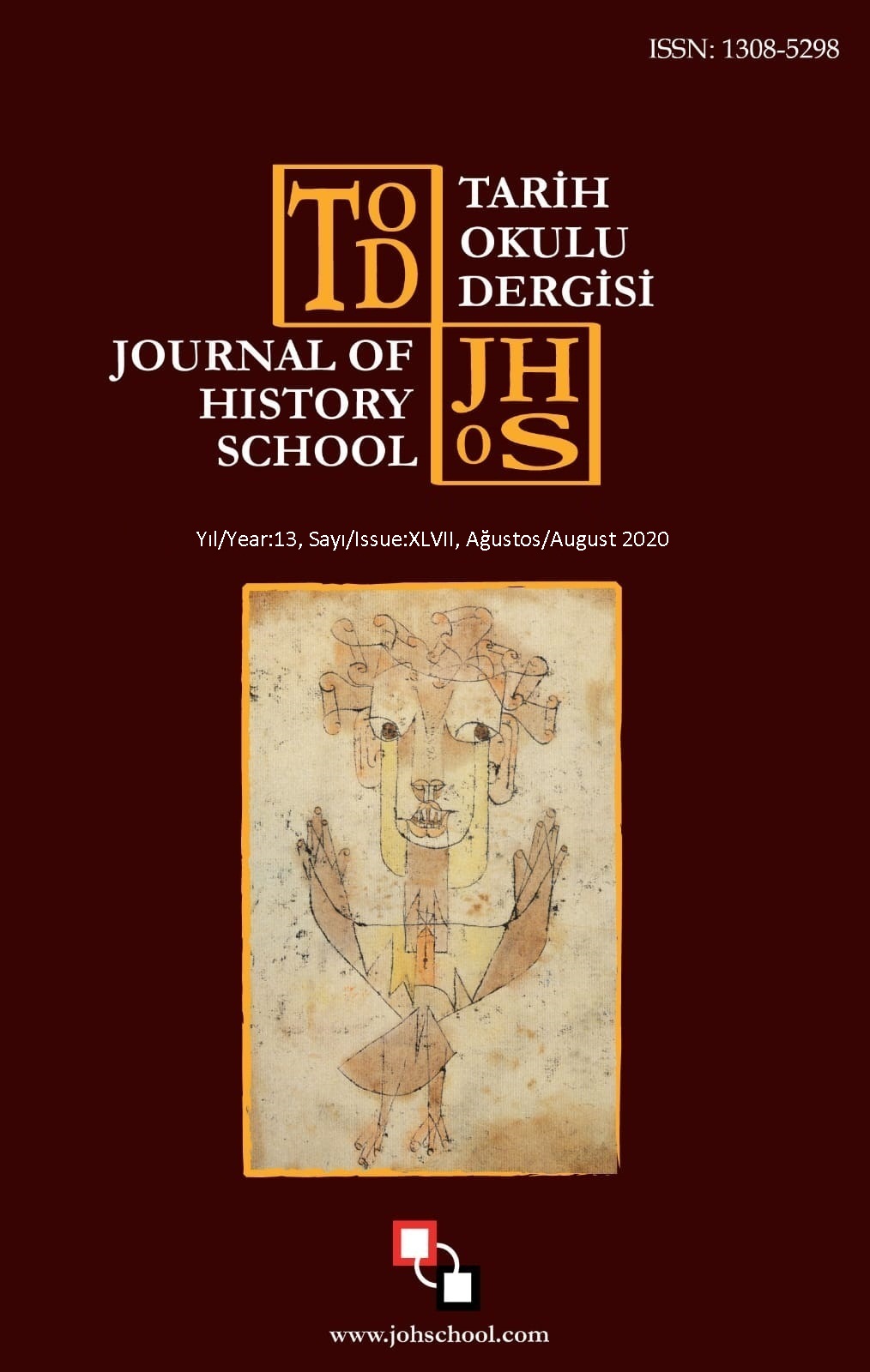Author :
Abstract
Okul öncesi dönem velilerinin okul öncesi eğitim kurumlarında uygulanan değerler eğitimine yönelik tutumlarının çeşitli değişkenler açısından belirlenmeye çalışıldığı bu araştırma nitel araştırma desenlerinden bir durum çalışmasıdır. Çalışmada veri toplamak amacıyla Malatya ili Battalgazi ilçesinde bulunan anaokullarındaki 52 veli ile görüşülmüş ve değerler eğitimine yönelik görüşlerini toplamak için araştırmacı tarafından oluşturulmuş yapılandırılmış görüşme formu kullanılmıştır. Verilerin analizinde betimsel analiz yöntemi kullanılmıştır. Araştırmadan elde edilen sonuçlara göre alt sosyo-ekonomik bölgedeki veliler değerler eğitimi kavramını genellikle duymamışlardır. Çocuklarında olmasını istedikleri değerlerin başında yardımlaşma ve sorumluluk değeri gelmektedir. Orta ve üst sosyo-ekonomik bölgedeki veliler ise çocuklarının saygı değerini kazanmasını istemişlerdir. Velilerin bu konuda okuldan beklentileri şu şekilde belirlenmiştir; değerler eğitimi sürecine kendilerinin de dâhil edilmesi, sokaklardaki argo, küfür konuşmalarının önlenmesi ve madde bağımlılığına karşı okulun çocuklarını koruyucu, yönlendirici, eğitici ve ailelere yardımcı olmaları yönündedir. Ailelerin çocuklarının değer edinimine yönelik yaptıkları ise çocuklara rol model olma ve nasihat etme yönündedir. Veliler değerlerin ediniminde etki eden çevresel faktörleri; aile ortamı, sokaklar, akran grupları, televizyon ve internet olarak belirlemişlerdir. Bu faktörlerin olumsuz yönlerine karşılık aldıkları önlemler ise çocukların sınırlı sürede ve birinin gözetiminde sokağa çıkması, televizyon ve interneti belirli sürelerde ve belirli programları izlemesi ve kullanması olarak belirlenmiştir.
Keywords
Abstract
The purpose of this study is to determine the expectations and views of preschool parents on values education.The design of the research is a case study that is one of the qualitative research methods. In order to collect data, 52 parents in the kindergartens of Battalgazi district of Malatya province were interviewed to collect data and a structured interview form created by the researcher was used to collect their views on values education. Descriptive analysis method was used to analyze the data. According to the results obtained from the research, parents in the lower socio-economic region did not generally hear the concept of values education. Cooperation and responsibility are the primary values that they want their children to have. Parents in the middle and upper socio-economic regions wanted their children to gain respect. Parents expectations at school are as follows; their own involvement in the values education process, preventing slang and swearing speeches on the streets taking preventive, protective, educational measures for school children against drug addiction and helping families in this regard. What families do for their children's value acquisition is to be a role model and advice to children. Parents identified the environmental factors affecting the acquisition of values as family environment, streets, peer groups, television and the Internet. The precautions taken against the negative aspects of these factors were determined as time restriction, allowing their children to go out in a limeted time under the going out to the streets in a limited time and under the supervision of someone, letting them watch television and use the Internet for certain periods and certain programs.





